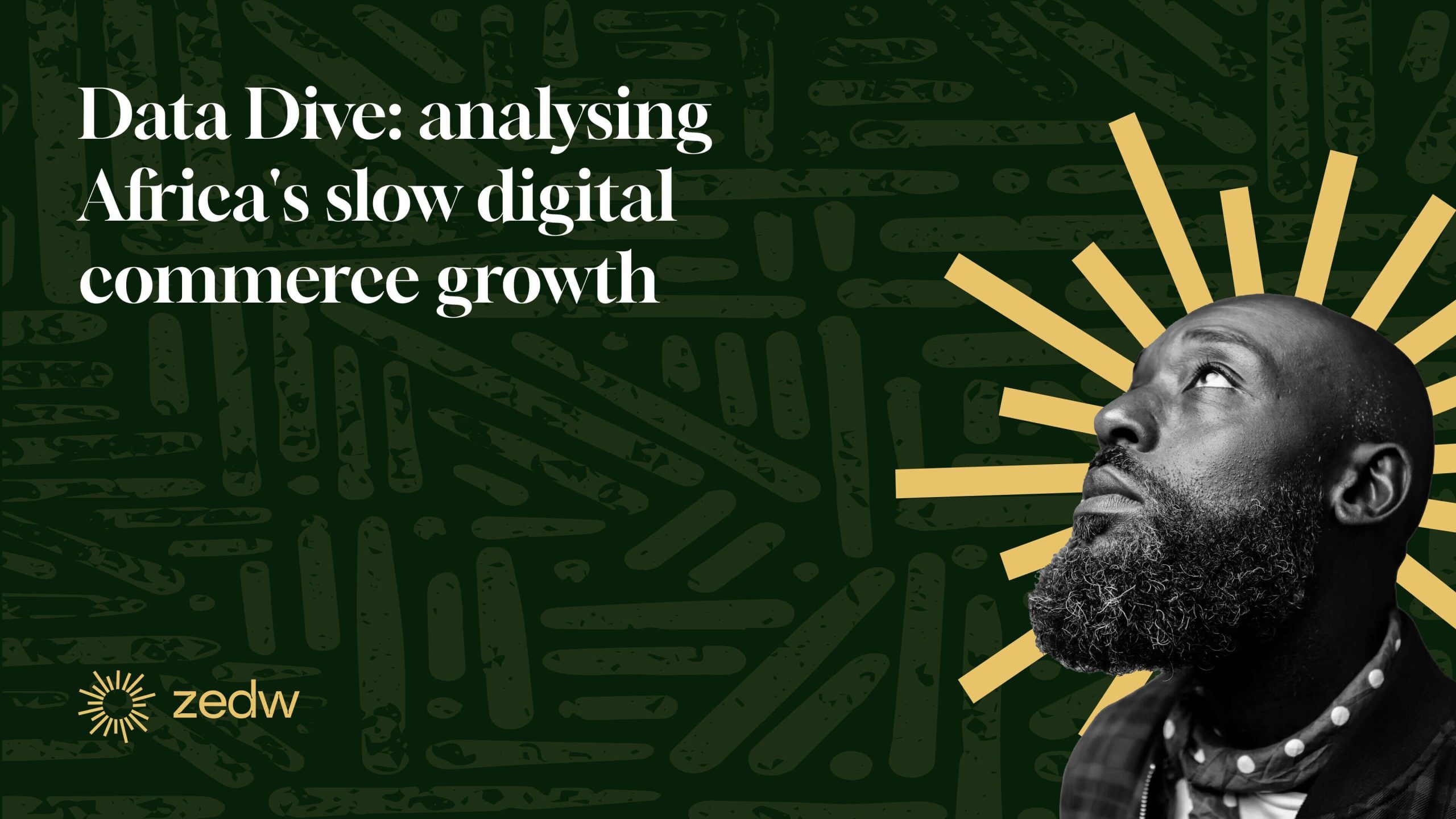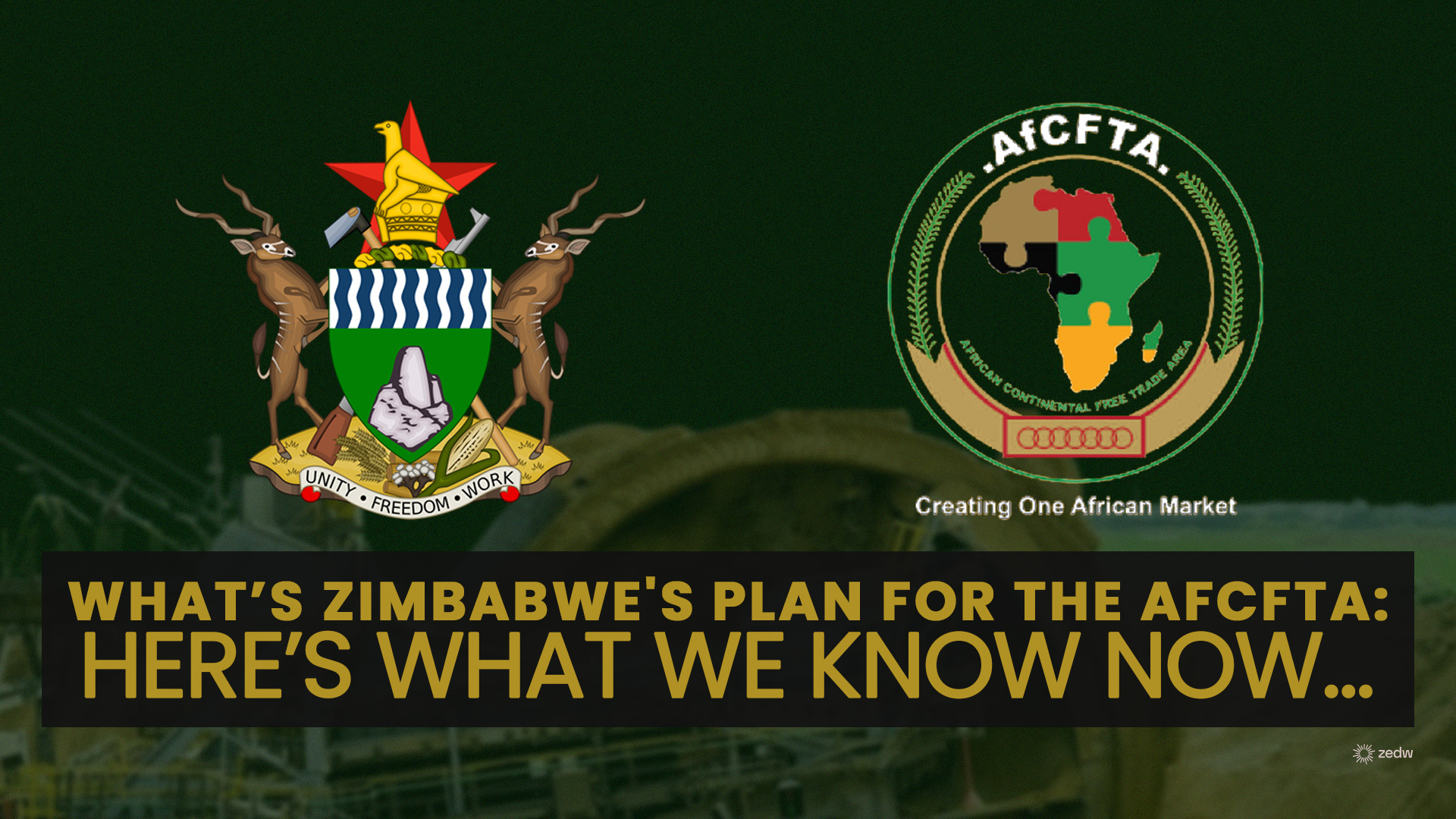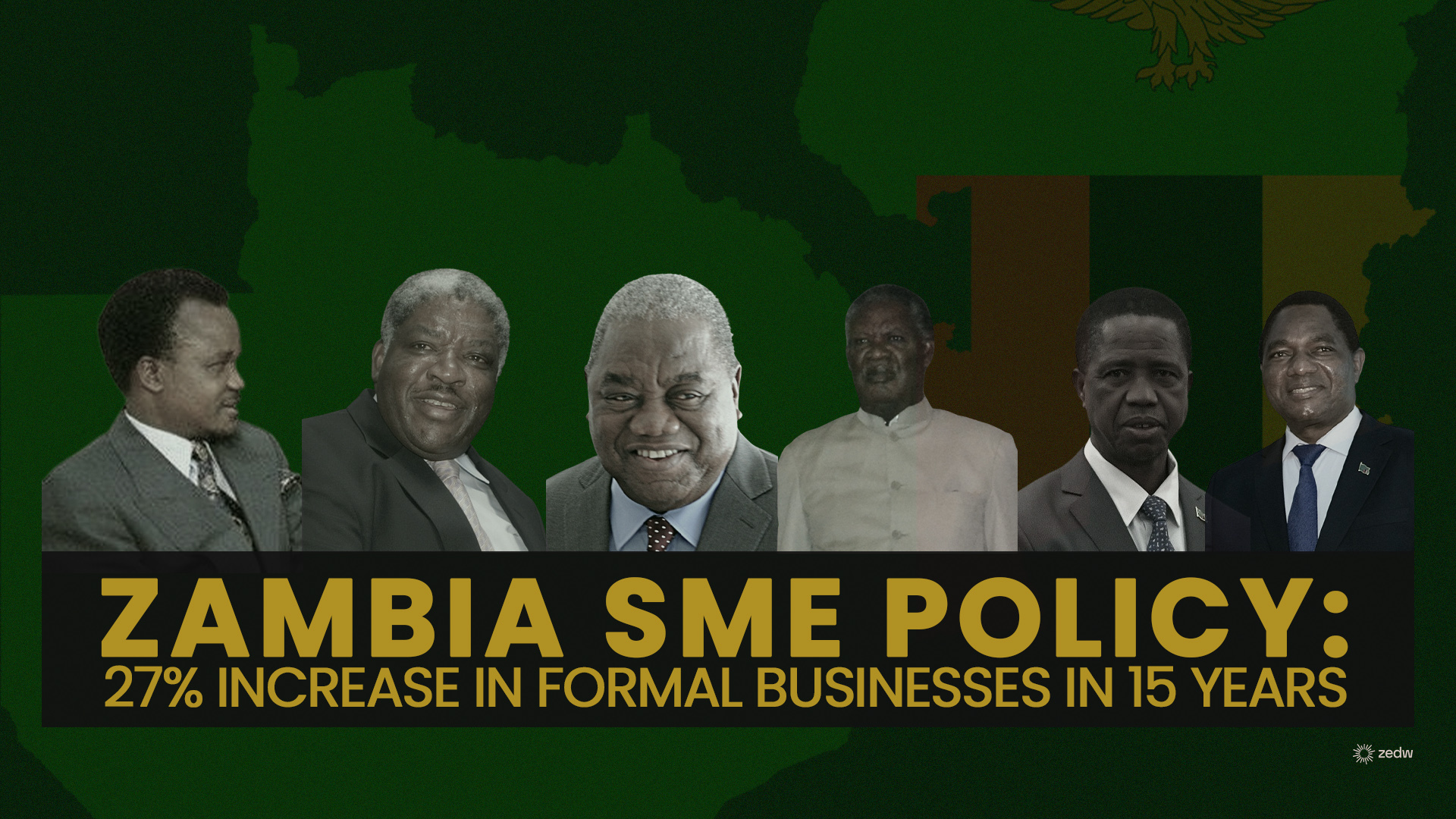The proverbial edge case is back and if you understand today’s subject matter then this will be a group therapy session more than an educationational experience. However, to those who haven’t dipped their toes into the weeds of selling products online, I hope you have a handkerchief because this is the sorry tale of e-commerce in Zimbabwe.
The Gist:
- Brick and Mortar vs Going Online
- Fixed Internet doesn’t stand a chance, it’s mobile data all the way
- Mobile network operators conditioned Zimbabweans to live in bundles
- We need to look at WhatsApp as an operating system because e-commerce can be built through it for Zimbabwe.
Selling anything is a tall order in any scenario, taller still is the task when you add anything digital to act as the intermediary between you and your prospective customer.
“Prospective” in the previous phrase is the operative word as you have to reach your target market before you can even begin to think about how you are going to convince them to buy your product(s).
Accessing “foot traffic” online
Setting up a stall or opening a physical store has its set of complexities. However, more often than not, the work on customer acquisition has already been done.
Unless, of course, if the property developer has more money than sense, the location is in the middle of nowhere or placed so inconveniently that it’s an indistinguishable blur in the mosaic of a city; the hard part has been taken care of for you.
At the very least, the location of any shop or gathering of merchants is built around a particular suburb or community. Ideally, it would have to reduce the distance that locals can travel to the next nearest shopping centre.
Moreover, it can also be a destination that entices even those who live far and beyond that area to come to it for one reason or another.
Now, with e-commerce, you have to be discovered because you rely on the internet to be your shopping complex. Adding this digital intermediary is a blessing if you live in a country that has reasonable internet package prices to income ratio.
Also read: InnBucks is now selling Econet USD airtime: Game over for other vendors?
Mobile internet is the only way right now

In a country like Zimbabwe, there are haves and have-nots in the game of internet access. In the POTRAZ and ZIMSTAT 2020 ICT ACCESS BY HOUSEHOLDS AND USE BY INDIVIDUALS SURVEY, they found that over 95% of the people interviewed said that they access the internet through mobile data be it narrow band or broadband.
Fixed broadband access was at 2.6%, mainly because the prices are so exorbitant that many will only be able to access fibre if they are at work (if the place of employment has fixed internet that is)
To properly caption the extent of the problem, our friends at Blnga Dev ran the numbers and we found out that the average Zimbabwean uses about 39 megabytes a day as of Q4 2022.

The weird thing is that the internet usage trend has been increasing in Zimbabwe. This would suggest that there are more people online right?

Getting to the bottom of where people are spending their time is a frustrating exercise because the Postal and Regulatory Authority of Zimbabwe (POTRAZ) has not reported separate internet usage on particular platforms since 2017. Those numbers are stale being six years old. But what they do show is a pattern that is useful for e-commerce in 2023.
Make sure you check out: O’Mari: Is Old Mutual Zim coming for EcoCash?
Why accessing customers is so difficult
Back in Q2 2017, POTRAZ said that based on the operator data traffic from all the mobile network operators, 44.2% of Zimbabweans were using their internet to access WhatsApp.

Even with the age of these numbers, what they point to are habits that were beginning to form at a time when internet access was still sequestered to those who could afford a phone that could access the web.
These figures also came at a time when Transsion’s big three; Tecno, Infinix and iTel were still in their relative infancy when it came to offering affordable smart capable devices at a fraction of the cost of what Samsung, Apple et al were asking for.
That pattern of behaviour is incredibly difficult to change particularly when it comes to such a small market that goes through economic tsunamis at a frighteningly alarming rate.
Things haven’t changed in the recent past. WhatsApp is the closest thing to e-commerce Zimbabwe has
WhatsApp still reigns supreme as the primary way people access the internet in Zimbabwe and it’s not even close.

You don’t need to be a detective to see that launching an e-commerce website or app in Zimbabwe is a fool’s errand.
If we are really being honest, the mobile network operators haven’t helped in the internet access cause but this is a story we will cover in greater detail soon.
At any rate, the customer is most probably on WhatsApp and there is no business in the land between the Zambezi and Limpopo that doesn’t have a presence on the messaging app.
It’s more haves vs have-nots
Only those with a budget or where-with-all to market their platforms are really going to thrive in Zimbabwe because there is no search functionality to see which businesses are selling what on WhatsApp.
Granted, there are more and more businesses that are realising that using social media ads is the way to get some traction, but they are in the minority. The biggest reason for all this is that getting the financial instruments to make online payments is not as easy for everyone. An example of this is trying to get a card that can execute online payments, which in Zimbabwe is USD. The other alternative is using mobile money but the levels of trust to just send off a payment and expect delivery is a dicey subject.
Many would prefer to get the product as soon as they have made the purchase and this is why cash on delivery has worked for many… It has also kept snake oil salesmen at bay.
Moreover, the state of bank charges in Zimbabwe and the lack of trust in the traditional financial institutions have led Zimbabweans to bank the only place where their money is safest, under mattresses. But this is something we will get more in-depth with in a later article in this series.
This doesn’t mean that e-commerce isn’t happening in Zimbabwe
If you thought that this would stop Zimbabweans from trying to sell online then you would be sorely mistaken. If anything it’s cheaper to start selling to some degree “online” if it’s not advertising on social media, it’s paying companies with WhatsApp groups to distribute flyers and other material to their sometimes thousands of groups.
On that note, the idea of Internet Advertising, as commonplace as some might see it, is still a complex topic to many. The fact that there are no guarantees that you’ll sell anything as opposed to finding the local flea market and pitching a stall and bearing that cost for physical foot traffic.
There is a whole learning curve to understanding how to make social media advertising work in the way that garners results. You have to essentially speak the language of the platform to get people to click on the link that redirects to the store in whichever form it exists.
Additionally, if you decide to go the WhatsApp Group advertising route, you can’t be guaranteed that it will be successful… A company can purport to have legions of groups brimming with participants but you can never truly know how effective the outcome can be for your business.
Despite all of this, you’d be hard-pressed to find a sole trader who has WhatsApp, who hasn’t stocked and organised their Business Catalogue. The issue with all of this is that they have to rely on systems that are as easy to track as putting up a billboard in the middle of a busy road.
Social media ads do offer better effectiveness tracking, however, not everyone can afford to do more than list their wares on Facebook Marketplace or create groups where liked-minded or common interests align…








